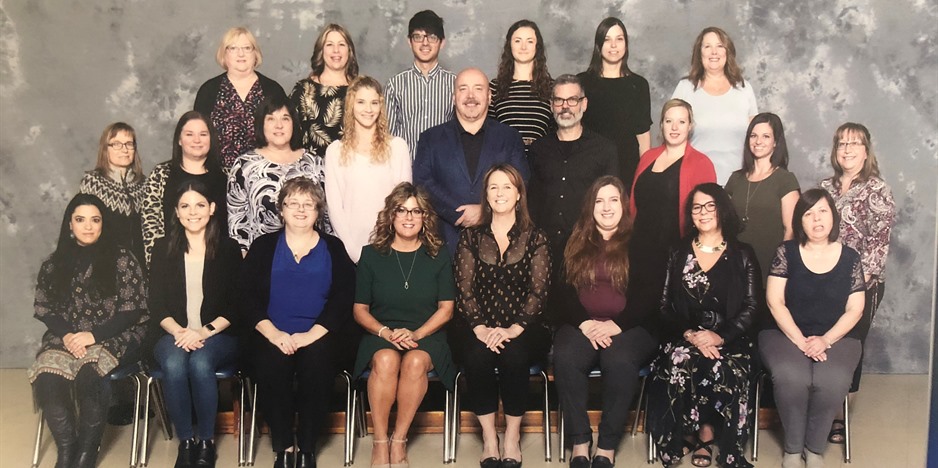Report to the Community
Framework for Continuous Improvement
Niakwa Place School staff have been on a collective journey to develop and refine our classroom instruction to have the biggest impact on student learning. Our framework for continuous improvement is to ensure the collection and analysis of student achievement data to inform instructional practice and school planning. This is promoted through reflection and collaborative inquiry.
Last Year
Last year we developed strategic grade level teams that generated important professional learning dialogue, frameworks and resources. The overarching strategic goal was to develop key instructional teaching approaches and strategies that have the greatest impact on student learning and to continue improving on student literacy and numeracy achievements. We had focused grade level discussions where we began to look at data to inform needs and research to determine what has the greatest impact. Together we reflected on our practice as we participated in job-embedded learning. We committed to using and understanding student data with the use of Wellman's Collaborative Learning Cycle and Simon Breakspear's Learning Sprints to set realistic and measurable goals to improve student literacy and numeracy. Niakwa Place staff were actively engaged in working together in small groups to identify immediate challenges of practice, find solutions and assess their effectiveness by looking at multiple sources of evidence of improved student learning.
Moving Forward in 2019-2020
We continue to look at several sources of student data and John Hattie's research in influences on student achievement to make informed decisions when responding to student needs. Our report card indicators in June 2019 reported reading scores below grade level which prompted us to focus on reading. Our school focus is on Academic Achievement in literacy and Mental Health Promotion. More specifically, our grade level teams continue to focus on improved reading comprehension while systematically meeting weekly to reflect, discuss and research how difference practices are having an impact on student achievement.
Academic Achievement in Literacy
Our K-4 Team's focus is on effectively implementing a systematic phonics program. Systematic phonics approaches explicitly teach students a comprehensive set of letter-sound relationships through an organized sequence. There is extensive evidence that teaching the skills of decoding new words by sounding them out, combining or 'blending' the sound and learning spelling patterns is effective in improving literacy in the early years. It is necessary to teach these skills explicitly, with the opportunity to apply and practice these skills during normal reading and writing activities.
Our 5-8 Team's focus is on teaching reading comprehension strategies through modelling and supported practice. Reading comprehension can be improved by teaching specific strategies so that students can apply both to monitor and overcome barriers to comprehension. These include, prediction, questioning, clarifying and summarizing. There is extensive evidence that the potential impact of these strategies is very high but can be hard to achieve since students are required to take greater responsibility for their own learning.
Mental Health Promotion
Last year all schools in the Louis Riel School Division were involved in the Mental Health Promotion in partnership with the Winnipeg Regional Health Authority. Our school had a team that participated in a year long journey to understand mental health promotion and how to implement mental health practices in schools. In addition, our team was able to self-assess our school using a positive mental health indicator framework. From that we determined 3 goals in areas of greatest need for improvement.
- Teaching and learning indigenous education and treaty education.
- Understanding and an appreciation of diversity and who we are as a community
- Incorporating well-becoming strategies for staff and students.
Another source of data to guide our planning is the OurSchool student survey which reports students in grade 4-8 in this school self-reported having moderate to high levels of anxiety or worry. Our goal is to create a culture of well-becoming with our identified three specific goals in the quadrants of belonging, independence, mastery and generosity.
Gratitude
As staff at Niakwa Place school continue to improve practice, I am humbled to learn alongside them. Improvement is ongoing and at Niakwa Place School we are creating a culture of small wins by building collective efficacy, having high expectations and building trust with all stakeholders.


